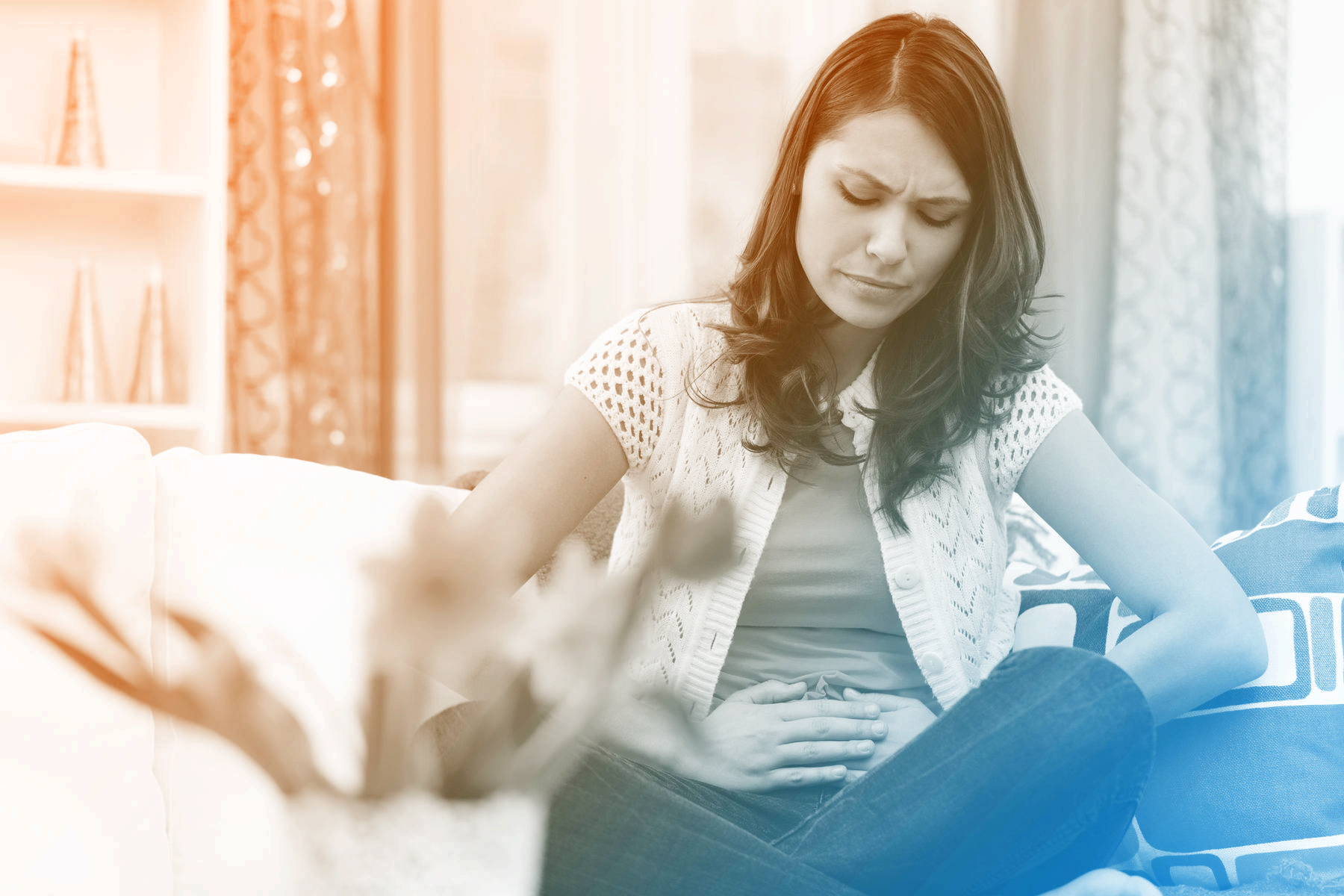
As many as 80 percent of menstruating women suffer from mild to moderate premenstrual syndrome (PMS). Symptoms can include breast discomfort, cramps, headaches, low energy, fluid retention, mood swings, irritability, and crying jags. While the symptoms are wide-ranging, the timing of their appearance—one to two weeks prior to menstruation—is all too predictable. For most women, symptoms go away once their period starts.
No one knows exactly what causes premenstrual syndrome. Some studies suggest a correlation between PMS symptoms and a brain chemical called serotonin. Reduced levels of serotonin are associated with depressed moods, anxiety, food cravings, and problems sleeping, similar to some women's premenstrual symptoms.
Research also shows that hormones play a role—but just what that role is remains to be determined. In all women, progesterone rises and estrogen dips prior to the start of their period. Somehow, women with PMS are more sensitive to these fluctuations, says Nanette Santoro, M.D., a professor at Albert Einstein College of Medicine in New York City.
It's not so much the hormones themselves but the way some women's bodies respond to them, reports Geoffrey Redmond, M.D., a New York City endocrinologist. In PMS-prone women, the hormone changes late in the menstrual cycle act on the brain to increase vulnerability to any sort of distressing event or stress, says Dr. Redmond. So things that might hardly be noticed at a different time of the month can trigger irritability or tears.
The physical symptoms associated with PMS are also orchestrated by hormonal changes. Cramps are the result of estrogen and progesterone stimulating the uterus to make prostaglandins, which, when released, can cause contractions. Progesterone also stimulates swelling of the breast tissue, which can hurt. Headaches may be the result of the dip in estrogen, which causes blood vessels to contract and sets off an inflammatory response that causes pain. As to whether childbirth impacts PMS, Dr. Redmond notes that age is a bigger factor. Symptoms often first appear or worsen when women are in their 30s. Experts aren't sure why, but the way the body responds to hormones changes over time. Still, chasing a toddler when you don't feel well makes PMS more challenging to deal with than it was in your pre-kid life.
Easing PMS Symptoms
A range of low-tech strategies can help alleviate symptoms. However, since everyone's body is different, the key to overcoming PMS is finding what works for you, says Dr. Redmond. Here are some suggestions to try:
American Baby
